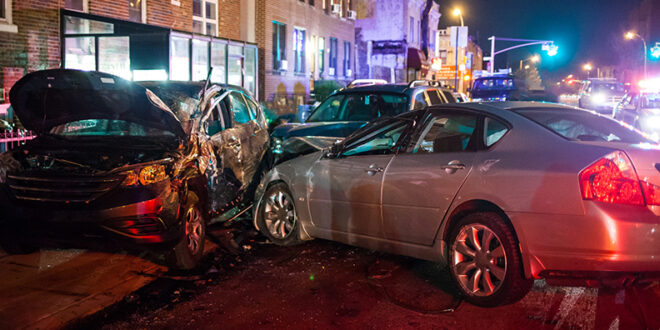As horrible and scary road accidents can be, sometimes, they tend to happen even to drivers who are the most careful. And although most accidents, fortunately, result in just property damage, the shock, rage, and adrenaline kick might make you feel furious.
However, you should never act on it, but try your best to stay calm. There are certain steps you can take to protect yourself and although the entire process is pretty straightforward, it is not always so easy. This is why keeping a cool head is crucial so you can make a report with accuracy and in detail.
Hopefully, you will never have to find yourself in such a situation, but in case you do, here are some things you can do to ensure you are protected.
1. Stop the Car
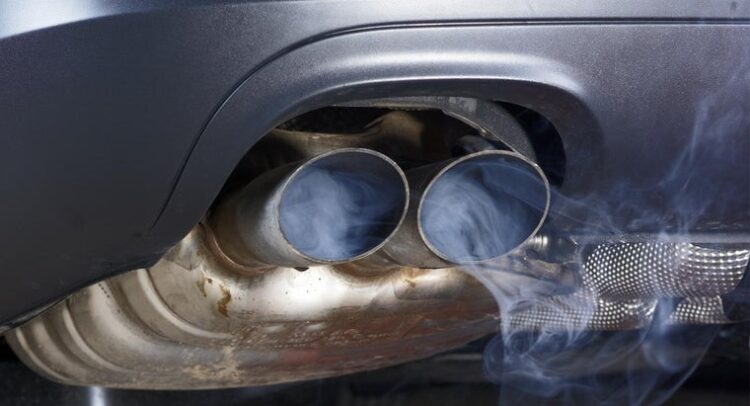
This might seem like an obvious thing to do, but sometimes, whether due to panic or fear, people drive away from the scene. It is your legal but also moral obligation to stop the car, even when there is no damage or if it was just a minor crash.
2. Make Sure No One Is Injured
Of course, you will first want to determine if anyone in the car is injured, including yourself. In case of serious injuries, call an ambulance right away, try not to move anything, and wait for the emergency services to arrive. If you are unable to reach your phone, you can always ask a bystander for help.
3. Secure the Scene
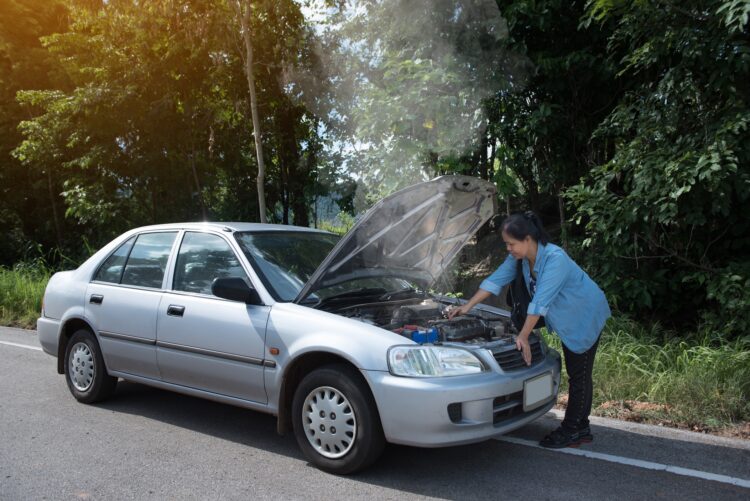
Never move the cars unless they are a hazard or are causing major traffic disruption or interference. It is always better to leave everything as it is and wait for the arrival of the police. A better option would be to set up reflective emergency triangles, blinkers, and use flares to notify other cars of potential danger. If you notice any flames and smell gasoline, immediately get everyone out of the way.
No matter your situation, always relocate yourself and others to a safer area and get off the road.
4. Always Dial the Police
Even if it was a minor accident, calling the police is the smartest thing to do in any case. If nothing else, during your insurance or damage claim, you will be able to provide a necessary extensive police report.
Another way to protect yourself is to never take responsibility for the crash. Actually, many insurers have a policy against admitting anything, so be careful with your words and let them take care of it.
5. Make an Accurate Report and Collect Information
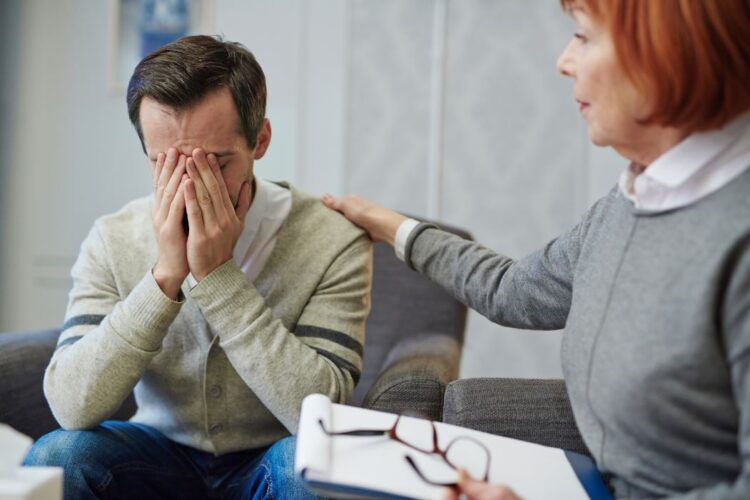
Typically, you are only obliged to give out information related to your name and insurance to the other people involved. Whether or not to give them a number is completely up to you. Other than that, it is best to limit your interaction with the other driver to avoid admitting guilt or putting blame on someone else.
On the other hand, you should try and gather as much information as you can, so ask the driver to provide you with all the same info you have given to them. Also, write down the police report number and add personal notes on what happened.
Other facts that might be useful include the vehicle’s license plate number, its model, color, and type, as well as where the accident took place. Do not forget to take as many pictures as possible, but avoid doing so if it interferes with police work.
6. Contact Your Lawyer Before Making a Personal Injury Claim
When it comes to injuries obtained in an accident that was not entirely your fault, you might have the right to claim compensation for your injuries which include the payment of medical expenses, economic losses, and payments for treatment and care.
The outcome of your claim might depend on several factors, so it is best to contact a lawyer who has experience in car injury compensation and payout. This way, you will ensure the optimal outcome. For additional information on the matter, you can read more here.
7. Contact Your Insurer
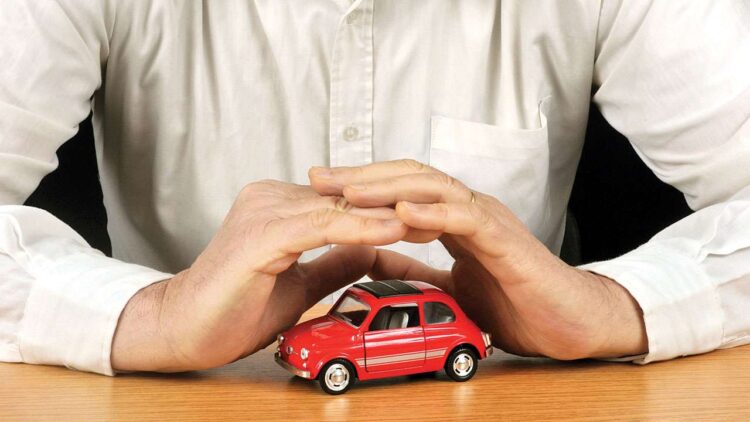
Many companies require you to contact them immediately, provide them with a report, and fully cooperate as well. Make sure you contact them as soon as possible. It might even be best to call an agent while you are still at the crash location so that they can advise you on everything you will need to collect or tell you the things you should and should not do.
After everything is settled, your agent will guide you through the entire process of filing a claim and will inform you of what happens next. Regardless of whether it was your fault or not, never offer to pay cash for the caused damages. This will actually be more expensive than filing an insurance claim.
8. Keep All the Documents
Any documentation you have acquired should be stored in a file and kept. Having all the reports, information, receipts, expenses, and other details will protect you in case something unplanned or unexpected happens.
9. Consider Getting a Medical Checkup
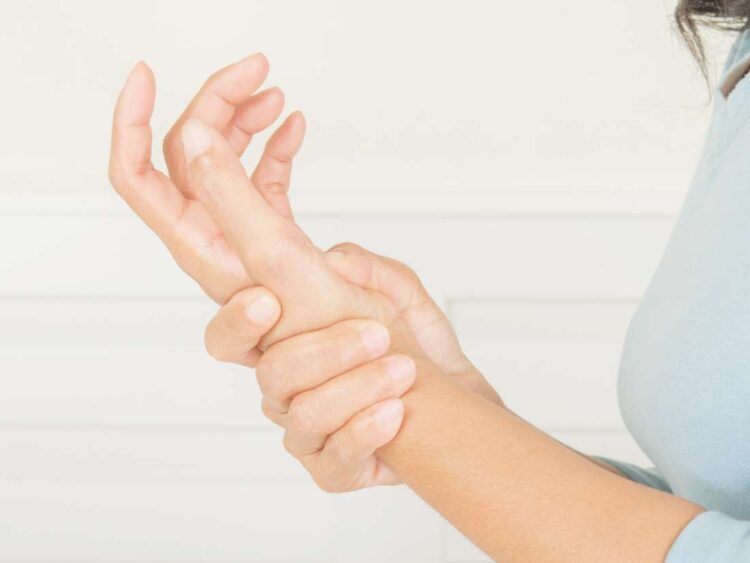
Sometimes, injuries are not visible and you might be feeling great but if you start feeling pain and discomfort a few days after the crash, you might want to visit your doctor or go to an emergency room. Consider getting a checkup immediately after the crash, just to be sure everything is fine.
Remember…
When in doubt of what actions to take or what to do after your accident, you should always contact a lawyer to protect your rights and offer legal advice on the optimal decisions you should make.
Try to stay come, so do not panic or become enraged, and never leave the scene. Have a first-aid kit readily available in your vehicle at all times.
Conclusion
Although accidents are unpredictable, it is good to be prepared in case of an emergency. Following these steps can help you avoid many problems and keep you safe from any legal issues. Despite everything, always remember to drive carefully and responsibly to prevent anything bad from happening.
 Hi Boox Popular Magazine 2024
Hi Boox Popular Magazine 2024
